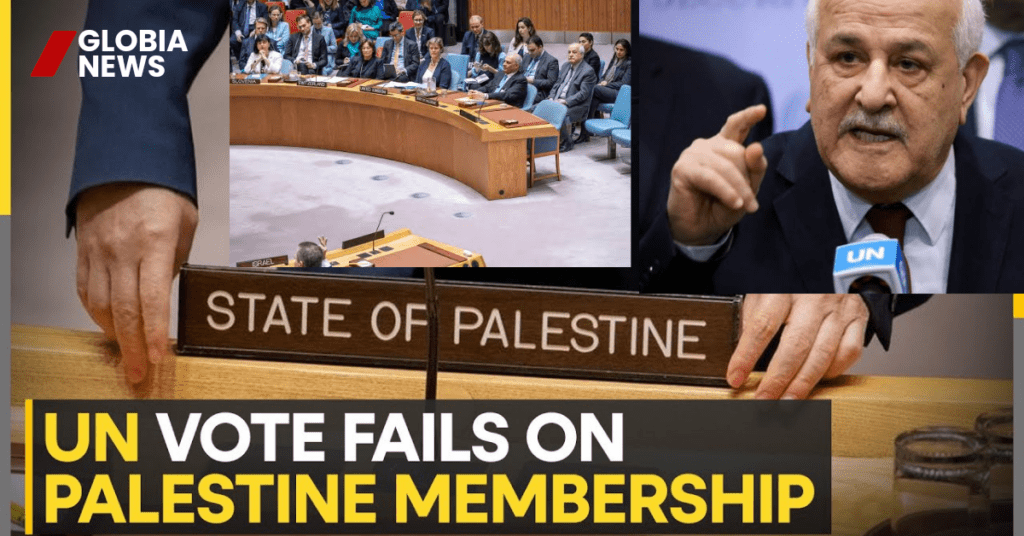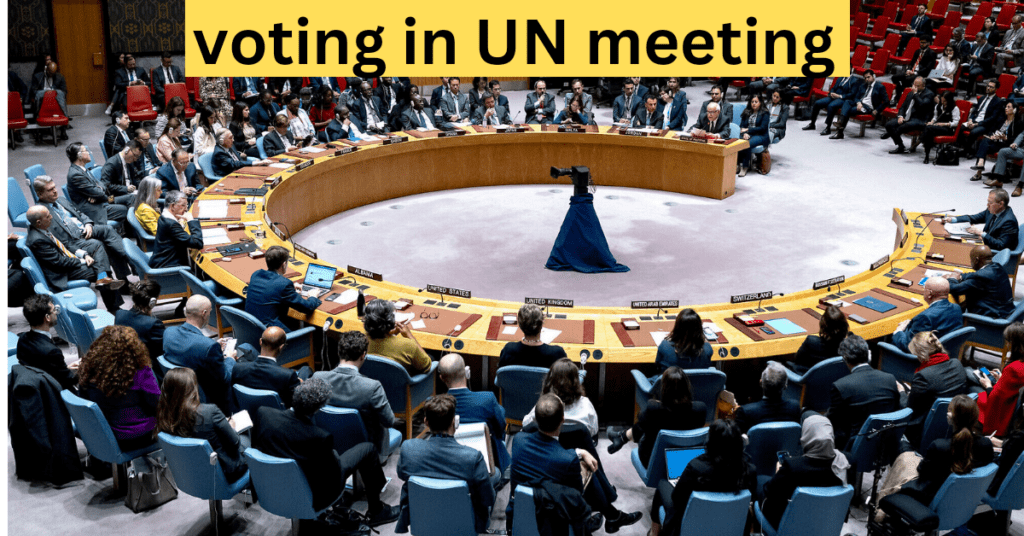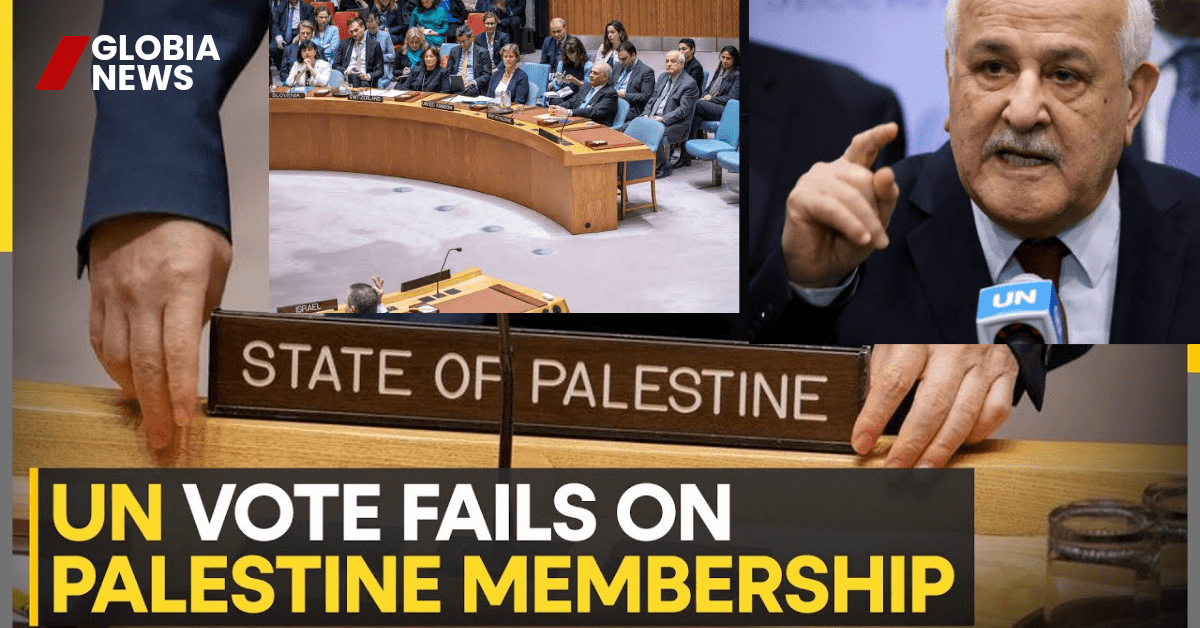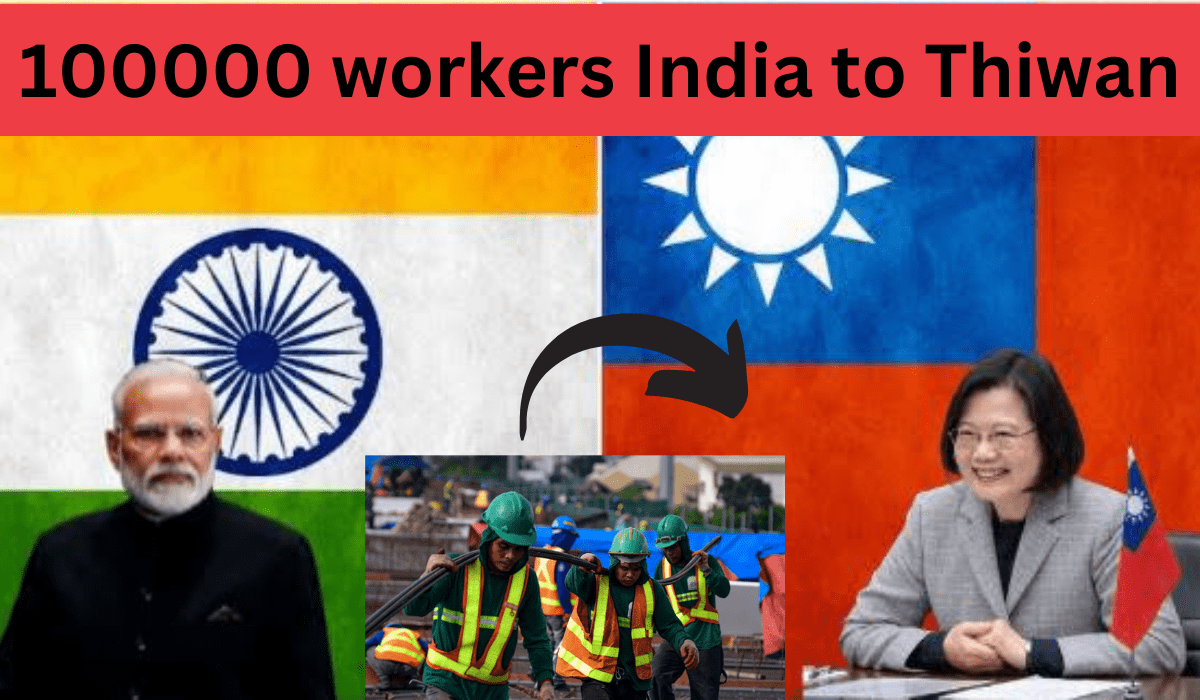- Homepage
- European countries
- US Blocks Palestinian Push for Full UN Membership
US Blocks Palestinian Push for Full UN Membership
In a recent development at the United Nations Security Council (UNSC), the United States vetoed a resolution that sought to grant full UN membership to the state of Palestine. This decision, made by US deputy ambassador Robert Wood, was met with mixed reactions.
The resolution, which aimed to pave the way for palastine statehood, received support from twelve countries, while two – Britain and Switzerland – abstained from voting. However, the resolution’s failure was expected due to the US’s staunch support of Israel and its veto power at the Security Council.
The US justified its veto by emphasizing its belief in achieving Palestinian statehood through negotiations between Israelis and Palestinians. This stance underscores the US’s role as a key player in the Israeli-Palestinian conflict.
Palestine currently holds non-member observer status at the UN. However, to attain full UN membership, approval from the Security Council and at least two-thirds of the General Assembly is required. This process highlights the complexities involved in diplomatic recognition at the international level.
Before the vote, Ziad Abu Amr, the UN special representative for the state of Palestine, appealed for support, expressing Palestinians’ desire for self-determination and independence. He refuted claims that the resolution would hinder peace negotiations, citing the precedent of Israel’s establishment through a UN resolution.

The Israeli ambassador to the UN, Gilad Erdan, opposed the resolution, accusing the Security Council of politicization and labeling it a “prize to terrorists.” His remarks reflect Israel’s concerns about security and the ongoing conflict with Hamas, the governing authority in Gaza.
Erdan questioned the legitimacy of the Palestinian Authority (PA) and its control over Gaza and parts of the West Bank, challenging the UN to recognize a unified Palestinian leadership. His statements highlight the complexities of governance and representation within the Palestinian territories.
In his address to the Security Council, Erdan criticized the timing of the resolution, given escalating tensions between Israel and Iran. This underscores broader regional dynamics and the interconnectedness of geopolitical issues in the Middle East.

Implications of the US Veto
The US veto has significant implications for the Israeli-Palestinian conflict and broader diplomatic efforts. By blocking the resolution, the US reaffirms its support for Israel and its preferred approach to resolving the conflict through bilateral negotiations.
The veto underscores the challenges faced by Palestinians in their quest for statehood and international recognition. It also highlights the limitations of multilateral institutions like the UN Security Council in addressing protracted conflicts.
Challenges and Opportunities for Palestinian Statehood
Despite the setback at the Security Council, Palestinians continue to pursue avenues for statehood and self-determination. The road to statehood is fraught with challenges, including political divisions, territorial disputes, and security concerns.
However, Palestinians remain resilient in their pursuit of independence and continue to seek support from the international community. Efforts to garner recognition and support for Palestinian statehood are ongoing, both within diplomatic circles and through grassroots activism.
Looking Ahead: Prospects for Peace
The failure of the resolution at the Security Council raises questions about the future of peace efforts in the region. While the US emphasizes the importance of negotiations, the ongoing stalemate underscores the need for innovative approaches to conflict resolution.
Moving forward, diplomatic efforts must address the underlying grievances and aspirations of both Israelis and Palestinians. A sustainable peace agreement must prioritize security, human rights, and the dignity of all parties involved.
In conclusion, the US veto at the UN Security Council reflects broader geopolitical dynamics and the complexities of the Israeli-Palestinian conflict. While the road to peace may be challenging, continued engagement and dialogue offer hope for a resolution that respects the rights and aspirations of all parties involved.





